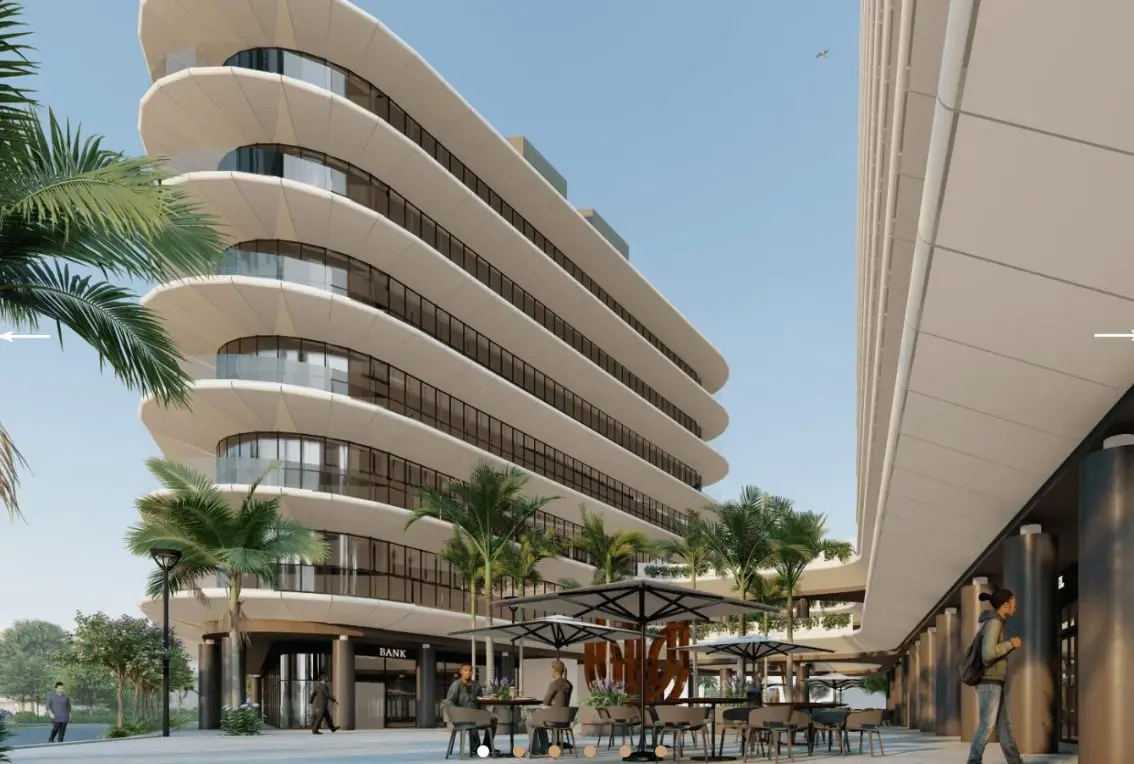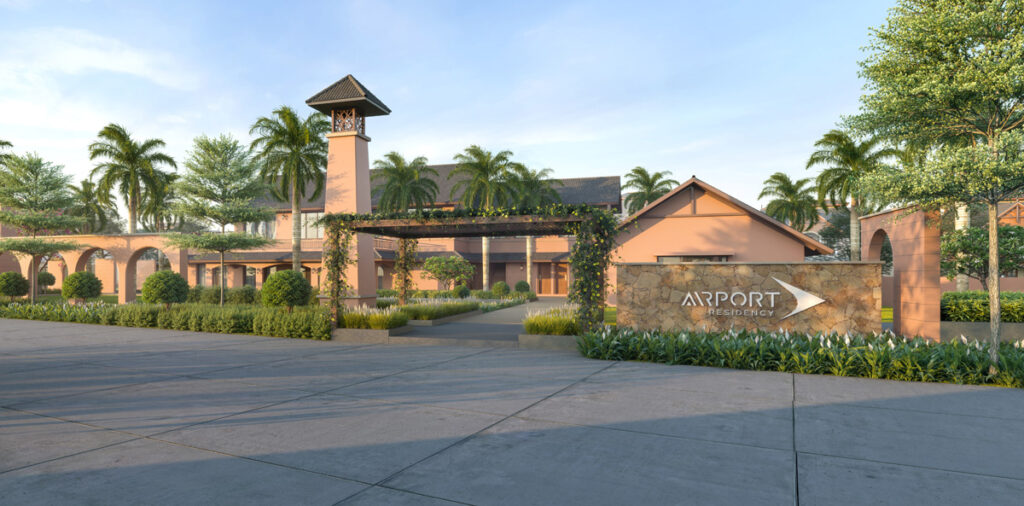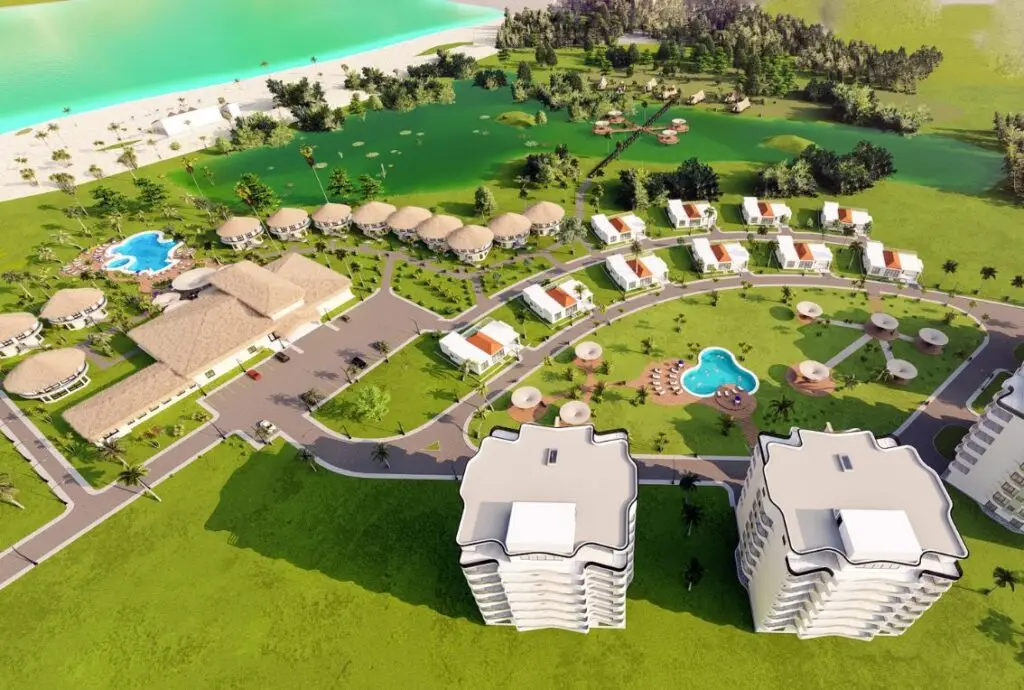
The Gambia, often referred to as the “Smiling Coast of Africa,” is experiencing a remarkable boom in its real estate sector. This surge is driven by a combination of factors including rapid urbanization, a growing middle class, increasing interest from the Gambian diaspora, and rising foreign investment. For savvy investors looking to capitalize on an emerging market with significant growth potential, The Gambia’s real estate sector offers a compelling proposition.
Current State of The Gambian Real Estate Market
To fully appreciate the opportunities in Gambian real estate, it’s crucial to understand the current market dynamics. The Gambia, with its stable political environment, strategic location, and beautiful coastline, has seen steady growth in its real estate sector over the past decade. This growth has been particularly pronounced in and around the greater Banjul area, which includes the capital city and popular coastal towns.
Key drivers of this growth include:
1. Rapid Urbanization: As more Gambians move to urban areas in search of economic opportunities, there’s an increasing demand for housing and commercial spaces.
2. Growing Middle Class: A rising middle class is creating demand for quality housing and modern amenities.
3. Diaspora Investment: Gambians living abroad are increasingly investing in property back home, both as a future residence and as an investment.
4. Tourism Development: The Gambia’s growing tourism sector is driving demand for hotels, resorts, and vacation rentals.
5. Foreign Investment: Increasing foreign direct investment is creating demand for commercial and industrial real estate.
Key Areas of Opportunity in Gambian Real Estate
1. Residential Development
The residential sector presents some of the most immediate and diverse opportunities in Gambian real estate. Key areas include:
– Affordable Housing: There’s a significant demand for quality, affordable housing for the growing urban population. Large-scale housing projects that can offer modern amenities at accessible price points have significant potential.
– Middle-Income Housing: As the middle class grows, there’s increasing demand for well-designed, comfortable homes with modern amenities.
– Luxury Developments: High-end gated communities and apartment complexes, particularly in coastal areas, are attracting both wealthy locals and foreign buyers.
– Student Housing: With growing enrollment in higher education institutions, there’s potential for purpose-built student accommodation.

2. Commercial Real Estate
As The Gambia’s economy grows and diversifies, the demand for commercial real estate is on the rise. Opportunities include:
– Office Spaces: Modern, well-equipped office buildings in strategic locations, particularly in Banjul and Serrekunda.
– Retail Developments: Shopping centres and malls to cater to the growing consumer class.
– Industrial Parks: Facilities to support the country’s push towards industrialization and manufacturing.
– Warehousing and Logistics: Given The Gambia’s strategic location, there’s potential for developing logistics and warehousing facilities.
3. Tourism-Related Real Estate
The tourism sector, a key contributor to The Gambia’s economy, offers several real estate opportunities:
– Hotels and Resorts: From budget accommodations to luxury resorts, there’s room for growth in the hospitality sector.
– Vacation Rentals: Apartments and villas catering to tourists, particularly in coastal areas.
– Eco-Lodges: Sustainable accommodations tapping into the growing eco-tourism market.
– Entertainment Complexes: Facilities combining accommodation with entertainment and recreational amenities.

4. Agricultural Real Estate
While often overlooked, agricultural real estate presents unique opportunities:
– Commercial Farms: Large-scale agricultural projects, particularly in horticulture and cash crops.
– Agro-Processing Facilities: Real estate developments supporting the agricultural value chain.
– Farmstays: Properties combining agriculture with tourism, catering to the growing interest in experiential travel.
5. Healthcare Real Estate
With increasing focus on healthcare, there are opportunities in:
– Private Hospitals and Clinics: Modern healthcare facilities to meet growing demand for quality medical services.
– Specialized Care Centers: Facilities for specific medical needs or demographics, such as maternal care or geriatric care.
– Wellness Centers: Properties catering to the growing wellness and medical tourism market.
6. Education Real Estate
The education sector also presents real estate opportunities:
– Private Schools: Campuses for international or specialized schools.
– Vocational Training Centers: Facilities for skills development and technical training.
– Higher Education Institutions: Campuses or facilities for universities and colleges.
Government Policies and Incentives
The Gambian government, recognizing the importance of the real estate sector in economic development, has implemented several policies to attract investment:
1. Foreign Ownership: Non-Gambians are allowed to own property in The Gambia, making it an attractive destination for international real estate investment.
2. Tax Incentives: Various tax breaks and holidays for large-scale real estate developments, particularly those in priority sectors.
3. Streamlined Processes: Efforts to simplify land registration and property transfer processes.
4. Infrastructure Development: Ongoing investments in roads, electricity, and water supply, enhancing the value of real estate in various areas.
5. Tourism Development Areas: Designation of specific areas for tourism development, with associated incentives for investors.
These policies create a favourable environment for real estate investment, reducing barriers and enhancing potential returns.
Challenges and Considerations
While the opportunities in Gambian real estate are significant, potential investors should also be aware of the challenges:
1. Land Tenure: The land tenure system can be complex, with a mix of freehold, leasehold, and customary ownership.
2. Infrastructure: While improving, infrastructure in some areas may still be limited, necessitating additional investment.
3. Financing: Access to long-term, affordable financing for real estate projects can be challenging.
4. Construction Costs: The cost of quality construction materials, often imported, can be high.
5. Market Information: Comprehensive market data and valuation information may be limited.
However, these challenges also present opportunities for innovative solutions and first-mover advantages for those willing to navigate them.
The Broader Impact of Real Estate Investment
Investing in Gambian real estate isn’t just about financial returns. It’s about contributing to the country’s urban development.







